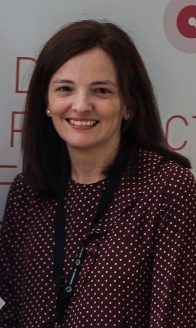Safety studies for non-standardised children’s products
The market for children’s products is very dynamic and evolves much faster than the standardisation process. This is why many innovative children’s products are not covered by the latest, updated applicable safety standard. In order to assess the safety of these products, AIJU carries out tailor-made safety studies for each non-standardised children’s product, taking into consideration the intended user and the useful life of the product, etc.
In addition, for certain more common children’s products that are not currently standardised, we have also developed internal testing procedures to assess product safety.
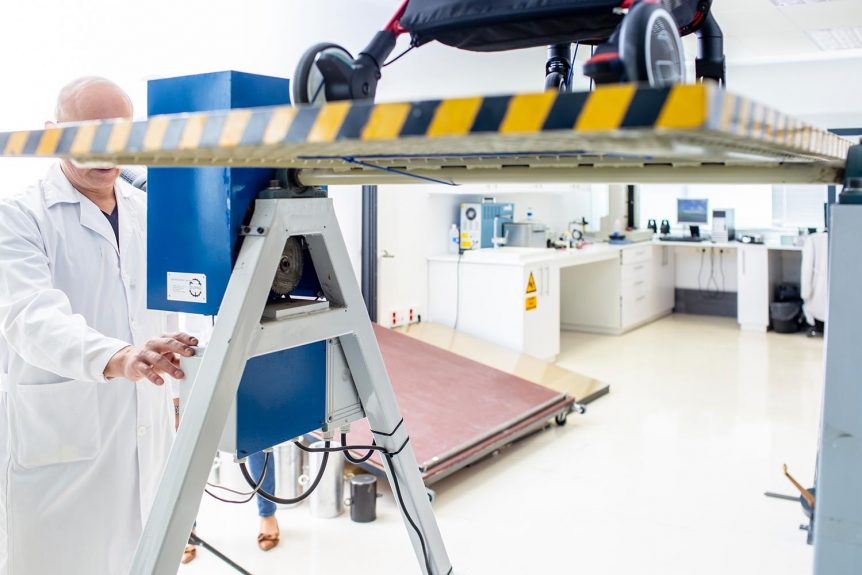
Benefits of conducting safety studies for non-standardised children's products
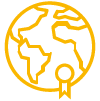
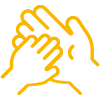
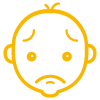
Children’s products are used by babies and children up to 4 years of age who are very vulnerable and unaware of the risk. That is why it is necessary to carry out these safety studies to avoid and prevent possible hazards arising from the use of the product.
Carrying out these safety tests in AIJU implies the acceptance of the products as our laboratory is accredited by the ENAC and recognised by the market surveillance authorities.
In addition, we participate in different standardisation committees related to children’s products which allows us to have a global vision regarding the hazards that are present in children’s articles, the appropriate safety requirements, and the tests to evaluate these requirements.
How we carry out safety studies for non-standardised children's products
When there is no specific applicable standard for a given children’s product, we perform a tailor-made safety assessment, applying the reference technical documents (CEN/TR 13387, EN 71, etc.) and our own experience in safety tests for children’s products. To carry out these safety studies, we use the information provided by the manufacturer on the use and properties of the product, the assembly of the product, the intended user, etc.
In addition, at AIJU we have developed internal testing procedures for certain non-standardised products for children, but whose use is increasingly widespread. Among others, it is worth noting:
- Tests on seating for children according to an internal procedure based on a European Commission Decision.
- Tests on breastfeeding necklaces or silicone necklace according to an internal procedure.
- Tests on baby feeding teether according to an internal procedure.
The tests performed simulate the conditions of intensive use of the products, applying additional safety margins, and are performed to ensure that the products remain safe throughout their life cycle. We carry out chemical tests to determine that childcare articles are free of toxic substances that can be harmful to infants and young children. We also check that the product and labelling information that accompanies these products contains all the information that is required to use the product safely.
AIJU is an ENAC accredited laboratory since 1989 and AIJU’s technical staff participates in the technical standardisation committees that are responsible for elaborating, revising and updating these standards, so it has the experience and training needed to perform these safety studies on non-standardised products.
In order to carry out these tests, AIJU’s laboratory is equipped with all the necessary physical and mechanical testing equipment: gauges simulating children’s body parts, universal tensile machines, small parts cylinder, test masses, customised equipment, etc.
We also have chemical test technologies:
- Gas chromatographers with mass spectrometry detection (GC-MS).
- Gas chromatographers with flame ionisation detection (GC-FID).
- Liquid chromatography with time-of-flight mass spectrometry detection (LC-QTOF).
- High-performance liquid chromatography with diode-array (HPLC-DAD) and fluorescence detection.
- Inductively coupled plasma – optical emission spectrophotometry (ICP-OES).
- Optical emission spectrophotometry with mass spectrometry detection (ICP-MS) with and without coupling with liquid chromatography.
- Ultraviolet-visible spectrometry.
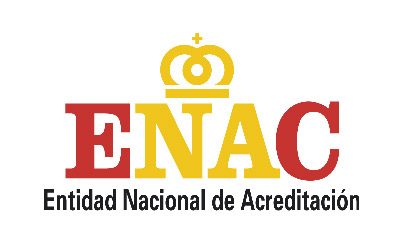
Confidence
We focus our expertise on the safety of children’s products and we have more than 30 years’ experience in conducting safety tests on children’s articles.
AIJU’s laboratory has specific facilities for testing baby and childcare products. These facilities are equipped with all the state-of-the-art equipment needed to carry out all the tests: climatic chambers, test masses and gauges, etc.
In order to carry out these safety studies on children’s products for which there are no applicable regulations, we have all the necessary testing equipment and technical knowledge regarding child safety, child behaviour, anthropometric data on children, etc. This guarantees a rigorous safety study that takes every safety aspect into consideration.
